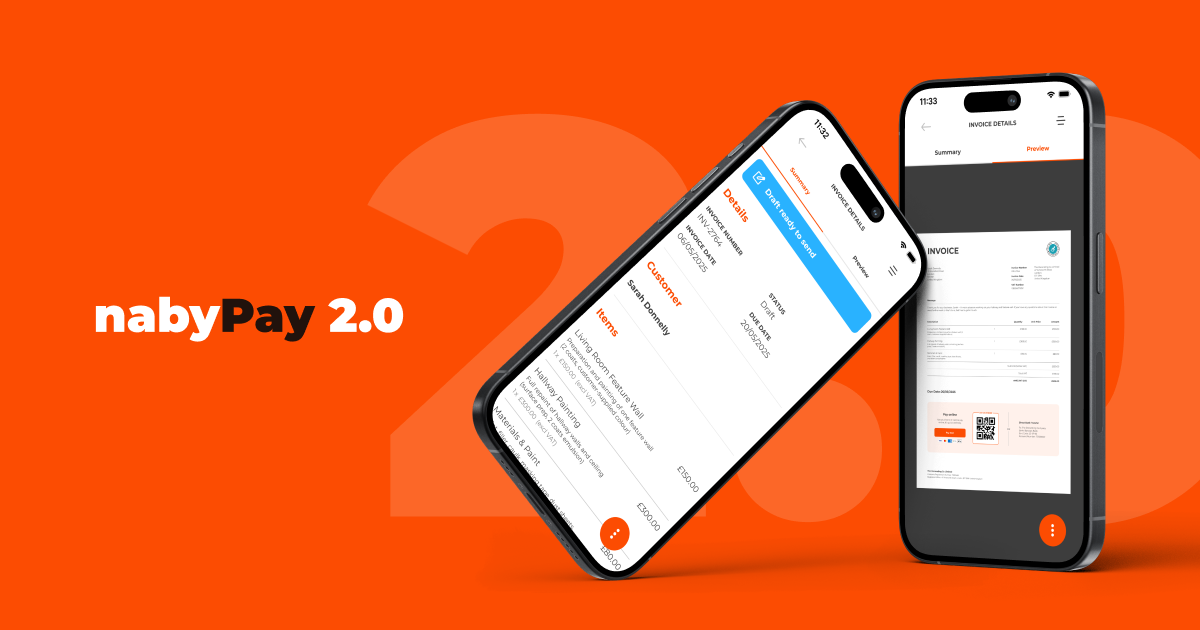Starting a business is both exciting and a lot to think about. We’ll walk you through the fundamentals, from idea to launch.
We'll cover:
- Your big idea
- Writing your Business Plan
- Funding your business
- Registering your business
- Setting up your business
- Launching your business
1. Your big idea
Every business starts with an idea, but not every idea becomes a business. Your job is to prove, disprove or adapt it fast. Before you spend money, see if it’s got legs.
Where to begin
Don’t force it. It should be something you are really passionate about because there will be challenges along the way and it will be easier to overcome them if you absolutely love what you do.
Ask yourself:
- What do I enjoy talking about or doing?
- What am I really good at?
Your idea will be more likely to succeed if it’s a combination of the answers to these two questions.

Example
Let’s say you’re obsessed with cars. You talk about engines for fun, have modified your own vehicles, and helped mates fix theirs too. You’re skilled with your hands and have a good reputation locally. You could start as a mobile mechanic offering home visits, then grow into your own garage as demand builds.
Is it actually a business?
A business should solve a real problem, and do so in a way that is better in some way or completely unique, that enough people will pay for.
Ask yourself:
- Is this solving a real problem?
- Why would someone choose you?
- How many people are willing to pay for this?
The more specific and useful your service is, the easier it’ll be to stand out.
Does it make financial sense?
Now the numbers. Don’t skip this.
Starting a business is risky. To manage this risk properly, you should first understand whether the business will be able to support your lifestyle and actually make more money than it spends to turn a profit.
You need to know:
- How much money do I need to live? Add up rent, bills, food, fuel, and a buffer.
- How much could I earn? Estimate how many jobs or sales you can realistically do each week, and what people would pay.
- How much will it cost? Tools, fuel, insurance, equipment, software, etc.
This gives you a simple cashflow: money in vs money out. If it doesn’t add up, tweak the idea or look at other ideas.
2. Writing your Business Plan
Just a once page business plan is enough to start.
Your business plan should include:
- Your business name
- What you offer and who it’s for
- How you’ll reach them
- What you’ll charge
- Costs and setup
- Tools and systems you’ll use
- How you’ll get paid
Think of it as your action plan.
3. Funding your business
You may not need thousands to start, especially if you’re service-based.
Funding options include:
- Personal savings
- Friends or family
- Starting small and reinvesting profits
- Small startup grants or loans
- Crowdfunding
You might only need enough for your tools, insurance, a website, and fuel to your first few jobs. Avoid big purchases until you really need them after a few successful months of trading.
4. Registering your business
Whether you are a sole trader or a registered company, you should keep your business separate from your personal finances.
Make it official:
- Choose a structure – Sole Trader or Limited Company
- Register with HMRC (or Companies House if Ltd)
- Set up a business bank account
- Get the right insurance for your trade
5. Setting up your business
Now it’s time to get everything in place before you launch your business.
- Tools: What do you need to deliver your product or service?
Operations: How will you take bookings or orders? What’s your daily workflow? - Branding: Logo, colours, tone of voice. Doesn’t need to be fancy, just consistent.
- Marketing: Start simple with a clear website, social media, local word of mouth.
- Invoicing and payments: Make it easy for people to pay. Tools like NabyPay help you send invoices and accept card or bank payments faster.
Feedback: Ask potential customers what they really think. Don’t wait until it’s perfect, just get honest input and improve as you go.
6. Launching your business
You’re ready to go, now it’s time to:
- Tell friends, family, and past colleagues
- Post in local Facebook groups
- Hand out flyers in your area
- Publish your website
- Build trust with testimonials and before/after photos
Start lean. Listen closely. Adapt quickly.
You don’t need to have it all figured out. What matters most is taking action. Start small, solve real problems, and stay consistent. You've got this!












